
The Ramblers yesterday launched the '999 Campaign', urging Ambulance Trusts across the country to ensure that they can pinpoint distressed walkers, or anyone dialling for assistance, no matter their location.
In remote areas where postcodes do not give accurate locations, grid references are essential in quickly locating people in an emergency. But recent research by the walker's charity cites situations where ambulances have been delayed because of a lack of software or training to interpret grid reference locations, emergency services instead requesting a postcode - information that is not always accurate or even possible to come up with. It does indeed seem likely that most walkers or climbers will not always know the postcode of their chosen hill or crag.
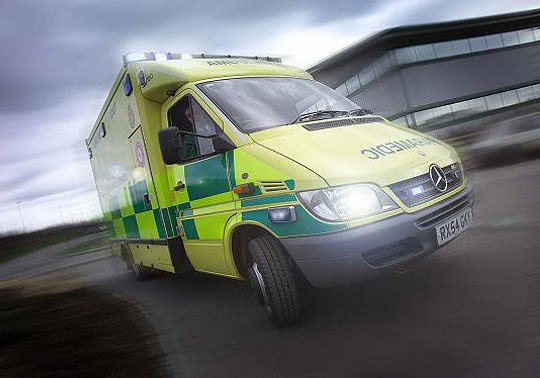
Tom Franklin, the Ramblers chief executive said:
'Walkers, and all outdoor enthusiasts have the right to feel secure in the British Countryside, this includes confidence in their Ambulance Trust to provide emergency care if it's needed in remote locations, with a rapid response and without confusion or added stress for the caller.'
Karen Inkster, Ramblers Led Walks Officer said:
'When enjoying the outdoor environment I want to be sure that if an emergency occurs, that an Ambulance crew can find me, even if the location I provide is in the form of a OS grid reference. Using a 'postcode lottery' to track down an injured walker is not something the Department of Health should condone.'
The Ramblers hope this campaign will initiate a change in procedure and ensure that walkers, and other outdoor enthusiasts, benefit from a swift deployment of the emergency service when providing a grid reference as the location of incident. This is likely to be of concern to climbers too, perhaps especially at roadside locations where an ambulance is as likely to be called in an emergency as Mountain Rescue.
The campaign calls for:
- All Ambulance Trusts to take responsibility for rural incident responses by ensuring they have adequate software and offer comprehensive training to control room staff to interpret grid references, to ensure all countryside users are within their reach.
- The Department of Health to produce a 'best practice' guidance document which should be distributed to all Ambulance Trusts encouraging them to ensure that the software they use to process calls can handle grid reference locations, and also that all staff receive on-going training on how to input these types of location.
Having put out a request for members' experience of this problem, the Ramblers describe an 'alarming number' of reported incidents. In one quoted incident in Inverarnan in 2006 a walker broke their hip. Their group called 999 and requested an ambulance; a grid reference was given but the operator said they couldn't do anything without a postcode. A walker managed to contact the local farmer to obtain this information, after which an ambulance arrived an hour later. During another incident in the Peak District in 2010 walkers had to resort to listing landmarks from their map.
Karen Inkster continues:
'Each Trust works independently, so we hope this move will help highlight the need for them all to have adequate software and offer comprehensive training to control room staff to ensure all outdoor enthusiasts are within their reach.'
'There needs to be more consistency in communication and messaging between Ambulance Trusts so that they are making the most of the software and training they already offer, and to ensure this is communicated from the control room to those dealing with incidents on the ground. The current evidence is extremely worrying for the safety of walkers and any outdoor enthusiasts.'

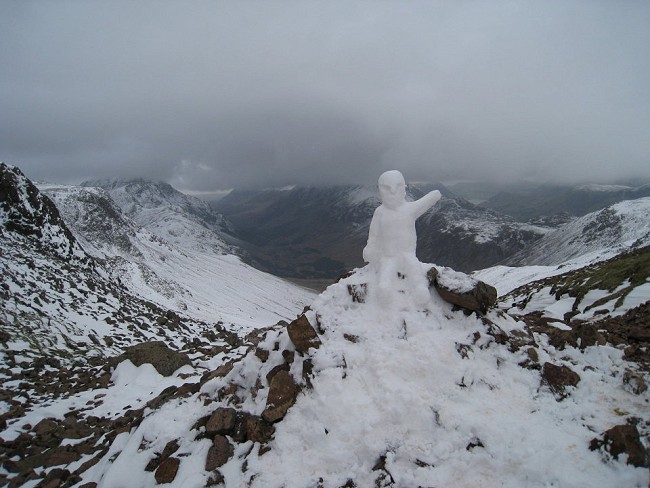

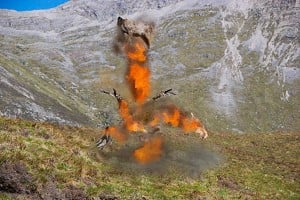
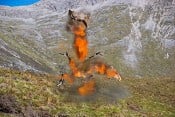
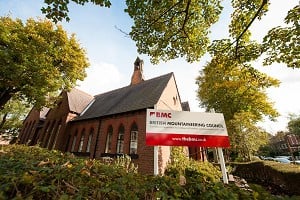
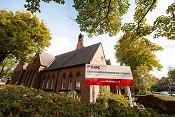
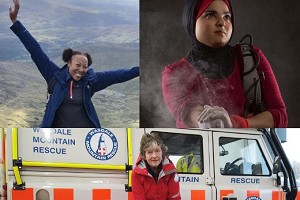
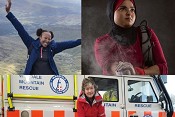
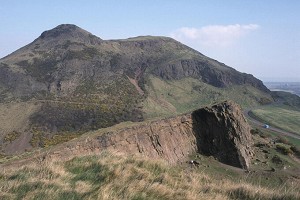
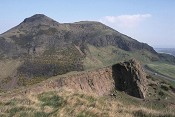
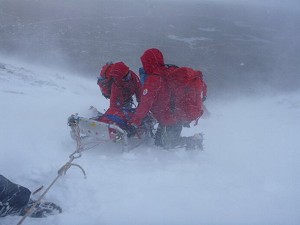
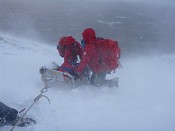
Comments